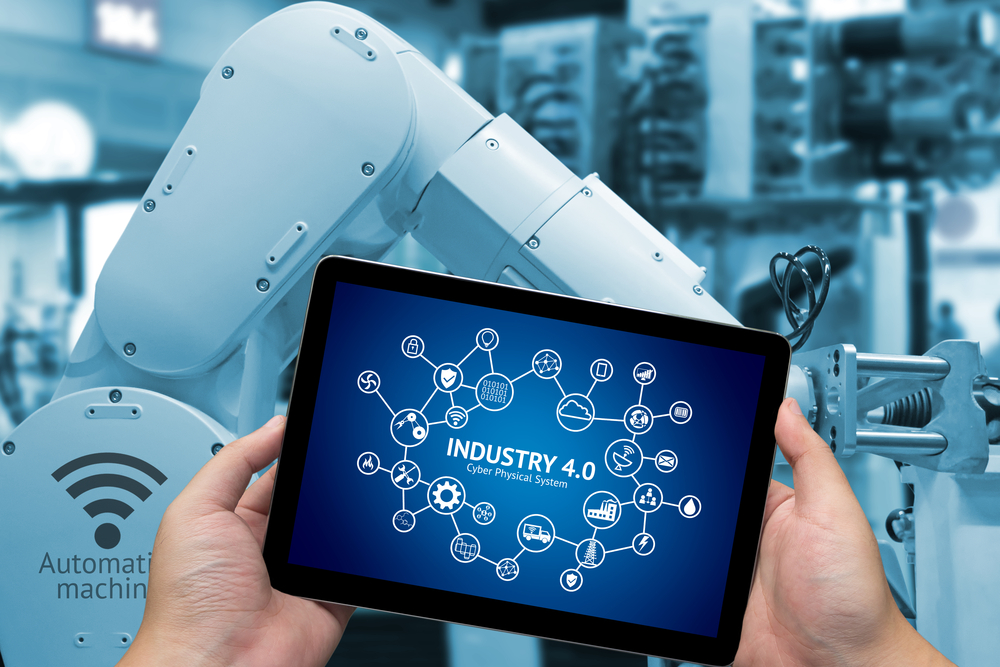
The Internet of Things, hyperconnectivity, or Big Data have a decisive effect on modern and advanced field service management systems. And they are all part of the new Industry 4.0 model.
The industry 4.0 concept is based on the idea of using digital tools in the industrial value chain to generate a positive impact on business and achieve an Advanced Manufacturing paradigm.
It is precisely the irruption of information in digital format which is giving rise to the so-called fourth industrial revolution. The processing of these data has resulted in the emergence of new business models and substantial changes in many of the existing ones.
Industry 4.0 with its smart sensors, machines and tools with digital interfaces, digitally controlled robots, and smart mobile devices produce and manage large amounts of data linked to field services. These can be used to enhance business information in fields that go beyond manufacturing, such as the management of commercial departments, ERP (Enterprise Resource Planning), CRM (Customer Relationship Management), or human resources management systems.
One of the pillars of Advanced Manufacturing is precisely the ability to monitor processes using new control systems. It enables us to increase the efficiency of these processes in terms of visibility, traceability, energy efficiency, and new forms of digital maintenance, which, on many occasions, can result in predictive and preventive maintenance. All this is designed to improve the flexibility of production processes and reduce costs.
Industry as a service
Another phenomenon that is occurring with this fourth industrial revolution is that industrial companies are also offering services. Companies produce more goods in an integrated manner but they also offer services linked to their original activities, such as the servicing of the machinery they manufacture. According to the report Connected Industry 4.0 – The digital transformation of Spanish Industry by the Ministry of Industry, Energy and Tourism, around 40 % of the industry-related employment of the European Union is linked to occupations related to services, in such a way that the borders between industry and services are becoming increasingly blurred.
A modern and integrated FSM solution streamlines processes
The modernization of FSM (Field Service Management) systems should go hand-in-hand with the rest of the digital transformation of a business. Because it leads to a number of important benefits:
- The optimized allocation of human resources, through the enhanced allocation of technicians to specific tasks based on the skills of each employee.
- Greater efficiency in the supply chain of the parts needed for any eventual repair work.
- The possibility of integrating industrial processes, in such a way that the data from the IoT devices facilitates preventive maintenance tasks.
- Improved reporting on the profitability of field services, based on real data about the time spent on tasks, details such as timeliness, or optimum route management.
If the FSM system also includes robust analytical support based on Business Intelligence technologies, its effectiveness can be extended beyond control panels and advanced reporting, and even cover expectations such as predictive maintenance, based on trends and accumulated experience.
Solutions such as Task4Work can also facilitate the tasks of field service enterprises in the manufacturing industry thanks to their flexibility, scalability and their accessibility from any device, anytime, anywhere. If you would like to know more about our FSM solution, please contact us without obligation.





